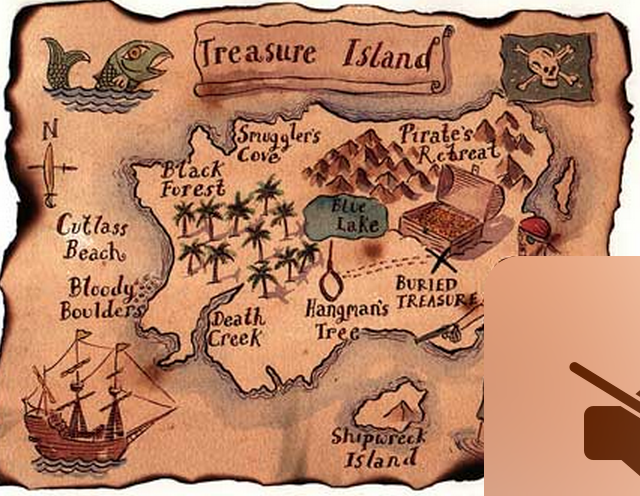
What a great post idea, tell the world where I buried the loot! I read a few posts from around the web recently from these ‘personal finance bloggers’. For those of you who don’t know yet, a personal finance blogger is more likely a person who wants to earn an affiliate check from a finance related product than someone who knows a rats arse about personal finance.
But I do have to admit, these guys post one thing that is super interesting from a voyeuristic perspective: Net Worth updates. These posts show you how much cash they have, and sometimes more, such as where it is coming from or going. I’ve debated doing this in the past myself, but while I’m sure some might be interested, I find it a bit crass overall. Suffice to say, we’re doing OK, but aren’t millionaires yet.
Asset location
Asset location is an interesting thing – it isn’t to be confused with asset allocation. The latter being which asset classes you are invested within a Roth or your 401K etc. Location means whether the money is in taxable, or advantaged and whatnot.
While I’d not like to talk about the amount of net worth, here’s where (roughly) our funds as a family are located:
- Real Estate 53%
- Retirement Accounts 32%
- Cash 6%
- Investment Accounts 4%
- Business #1 2%
- Business #2 2%
- Automobiles 1%
Very important to understand that when you see another person, you can’t just copy them in parrot fashion, you need to understand the underlying decisions, and the bigger picture. In our case, our asset location reflects the strengths and weaknesses of our broader picture:
- We’re looking for success from the businesses, but being self employed means that you can go for periods of time without stable income. By putting a lot of money into real estate we get to vastly reduce our monthly expenses.
- I hate taxes. The retirement accounts have been loaded up because I use them to reduce taxes. By keeping enough cash liquid I can play with annual tax increases as I make partial roth conversions. The goal is to shift 100% of our present traditional IRA/401K holdings into roths. I’m not overly worried about saving for retirement so much as reducing tax, I see the former as almost a side benefit.
Incidentally, in the past 12 months or so, I think we have allocated our savings as follows:
- Retirement 33%
- Taxable 33%
- Education 33%
I’m not suggesting that everyone should open a business (I wish they would but know it is unrealistic) but I am suggesting that when you locate your assets you don’t do it in a way that puts your house underwater, and you don’t forget to keep on improving your skills and marketability through education or training.
The post Where my assets are located appeared first on Saverocity Finance.
Continue reading...
